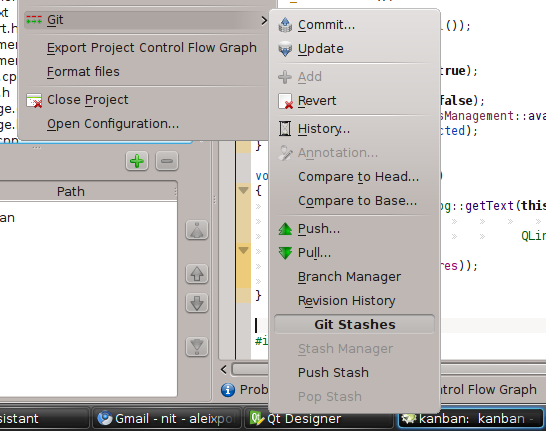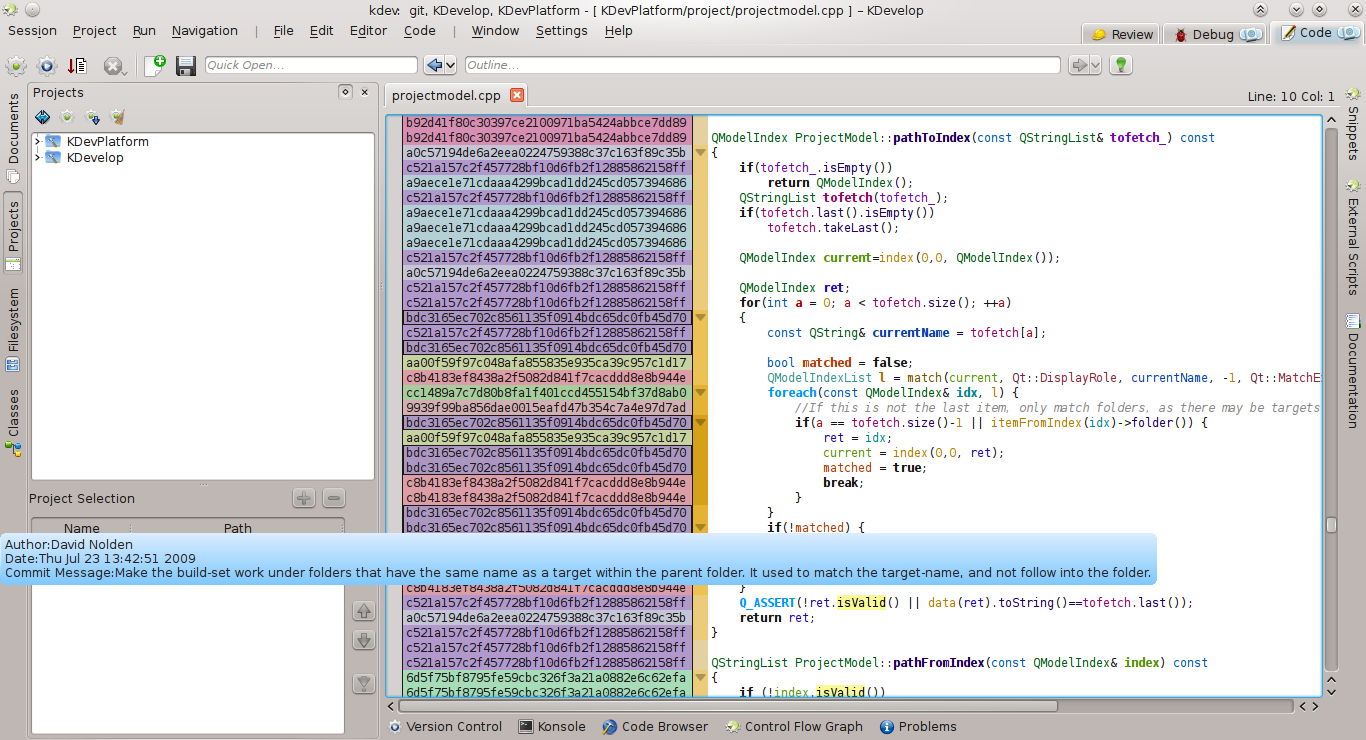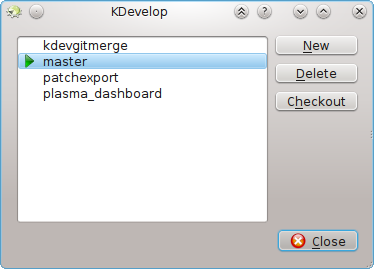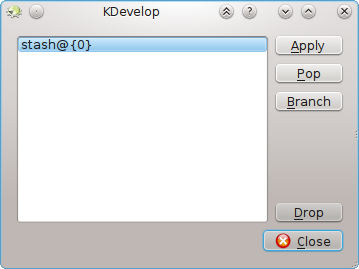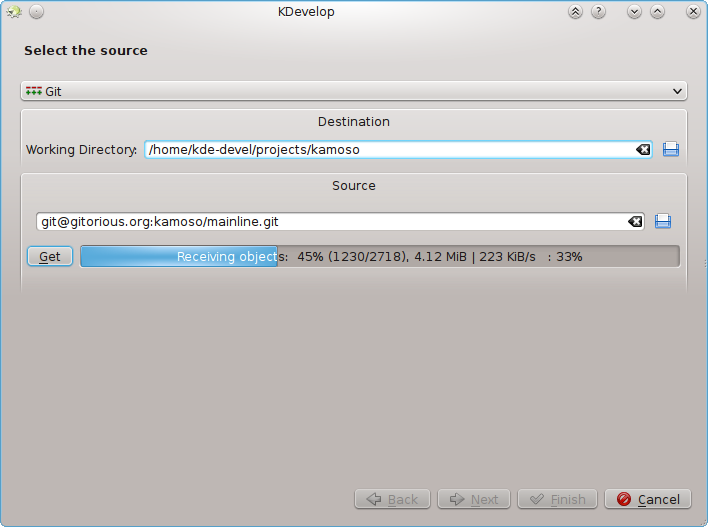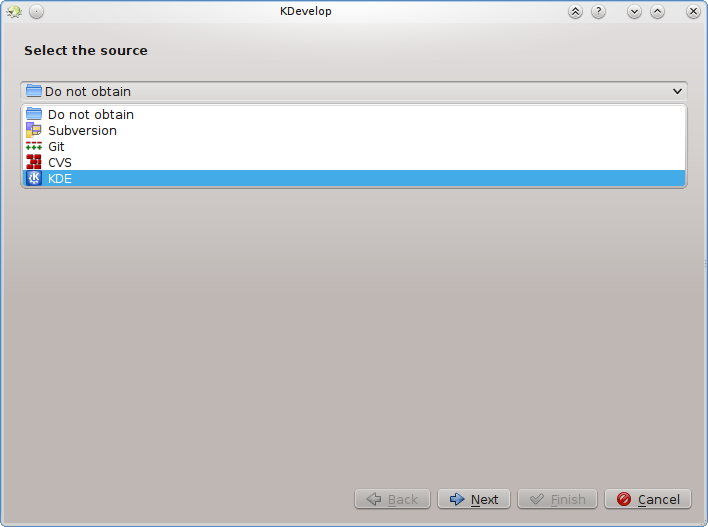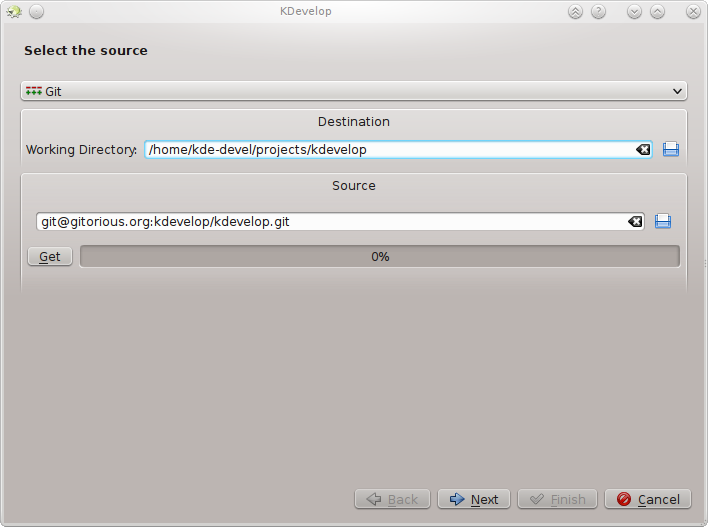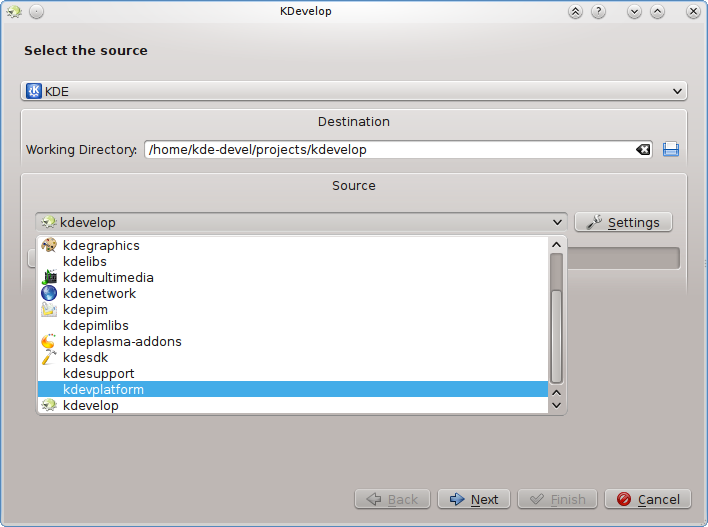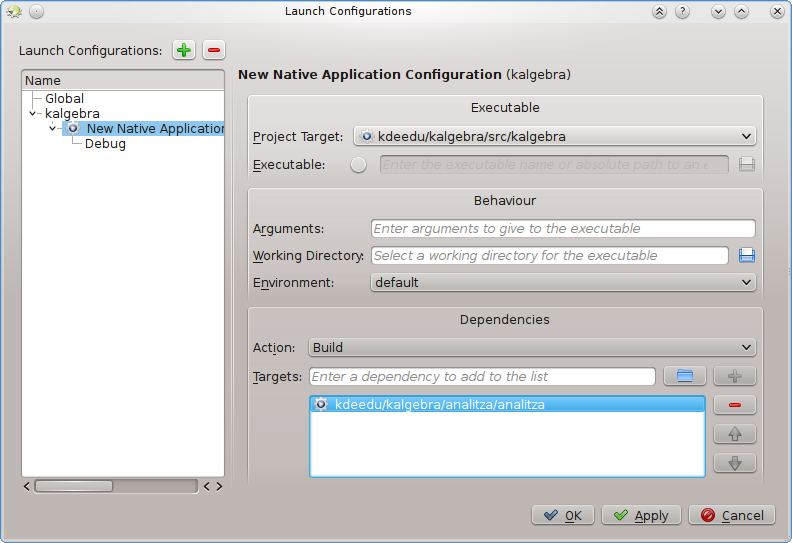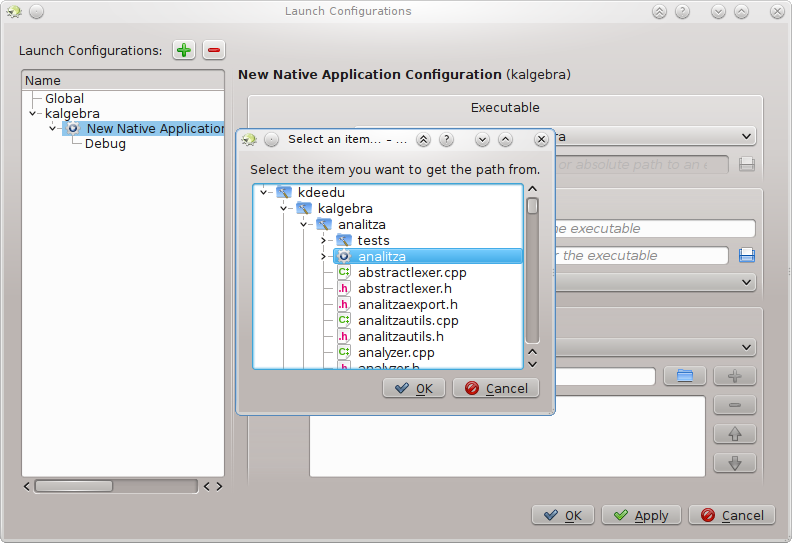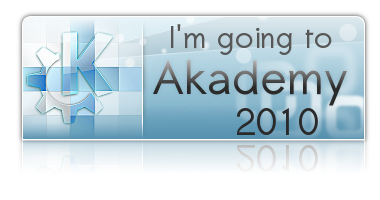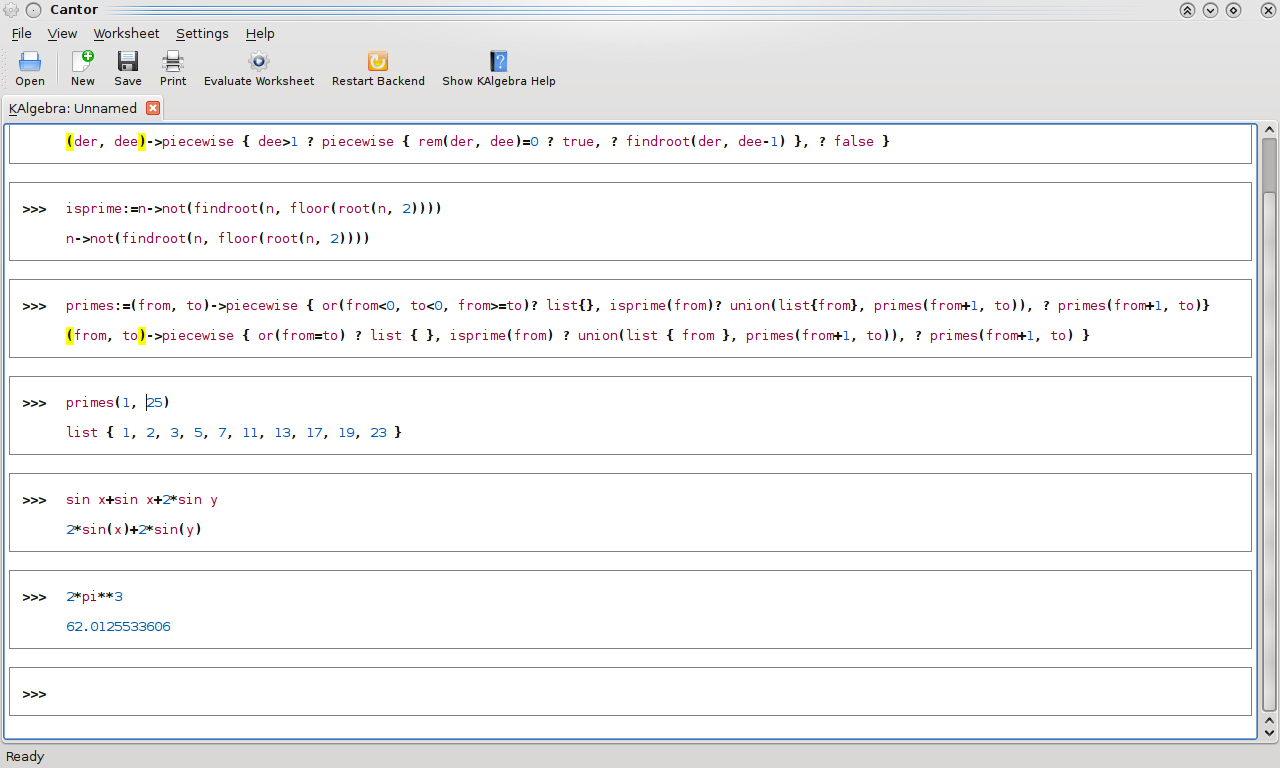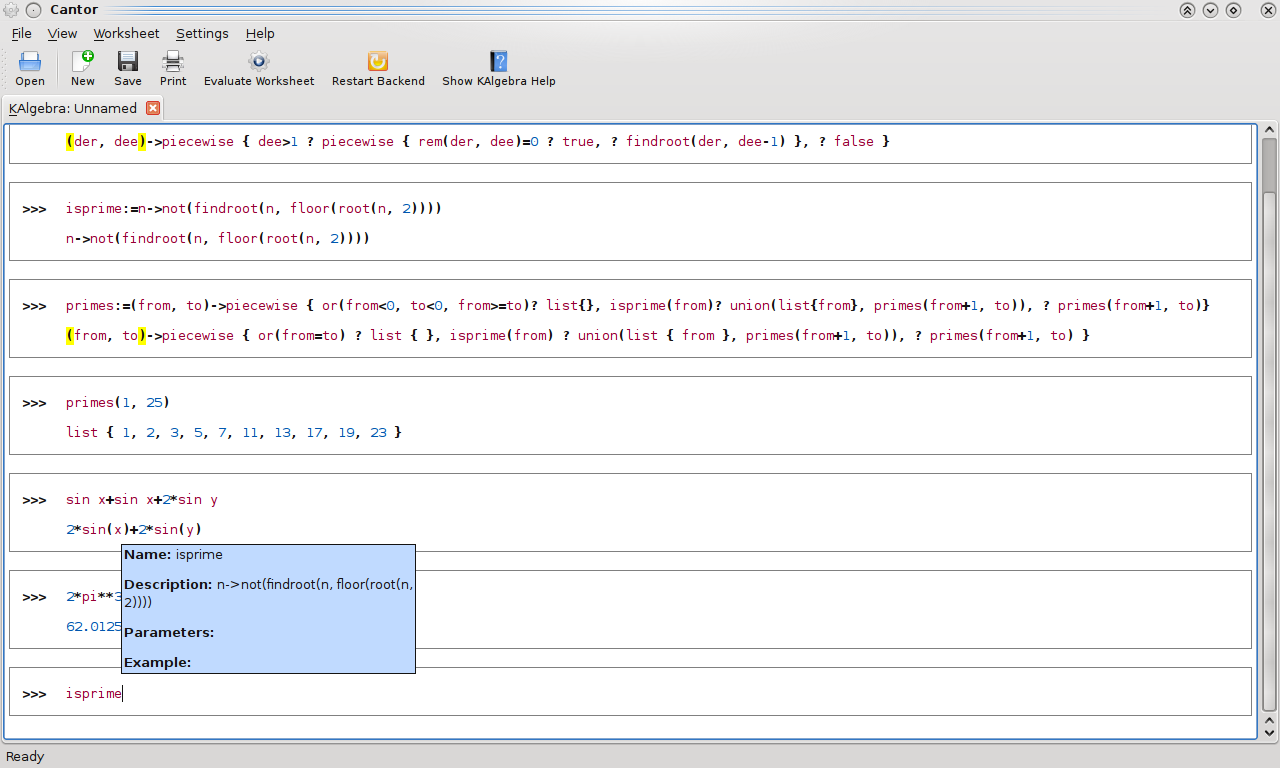Hi fellow KDE enthusiasts!
I know this may sound like a rant but I think that if I don’t say that I’m going to explode.
First of all, it’s great that since we’re based on Qt as a development environment we have the opportunity to get in the mobile sector. It’s not great, it’s awesome. I’ve been willing to develop there for many years and with the new Nokia platforms I will be able to use my projects there. After getting the N900, I have developed 3 applications in Maemo, just one of them has been released in the open. For Qt projects, it just works.
Let’s focus on KDE now.
– Everybody tells me that we should develop for Meego: for Meego we don’t have any KDE packages whatsoever (or at least I couldn’t find them) and AFAIK there’s no device that ships it and there won’t be any until 2011, I can put it but not even Nokia supports it. Yes, it’s a great target.
– I have Maemo, it’s an awesome Debian and there’s even some packaging already done in files.kolab.org/local/maemo/. These packages are good for testing, I could compile KAlgebra in my scratchbox. My problem with these packages is that they depend of some Qt4.7 experimental, so kdelibs in Maemo depend on something huge that I don’t need . Additionally we don’t have kdelibs packages in Maemo repositories (there are -devel repositories, it’s not like we have to stuff anything on Maemo systems), that means that if I wanted to release KAlgebra in Maemo I should add them? Doesn’t sound very community friendly.
– Why does KDE people keep telling me to trim KDELibs usage? KDELibs is useful, it makes no sense to not use it just because we don’t have packages for it. We want to share code! It’s what has made KDE great since I’ve been around at least, why do we forget that as soon as we don’t find KDE packages on some system?
– Why isn’t there people interested on packaging KDE on these systems? Probably because these distributions aren’t community-friendly enough, or because these don’t have enough users. Personally, I like to focus on development, do we really expect to push these platforms if not even developers can’t have their applications on their devices to be able to test them.
– Is it that creating packages for these platforms is just technically hard? Maybe we should address that first.
Going back to my experience, it was such straight forward with Qt apps that I convinced myself to port KAlgebra, now i have a version that just uses kdecore and kdeui (according to KDAB packages kdecore+kdeui+kalgebra, this should be less than 2MB, instead of the >10MB if I use their packages with their dependencies).
I guess that KDE development on mobile devices is kind of stale because the only applications that have been ported are huge (like Plasma or Kontact) or they just don’t use KDE (like Marble or Qthello which forked KReversi somehow, AFAIK). What would happen if we consider KDE a project and work together a little? I’m pretty sure we could bring KDE Edu or KDE Games all together into Maemo with little amount of work, why do we have people who would contribute these stopped because the lack of packaging in Maemo?
Maybe I should just consider that KDE is not supported on these devices and spend my time somewhere else.
PS: I didn’t mean to despise anybody’s work. It’s not hatred, just frustration.
